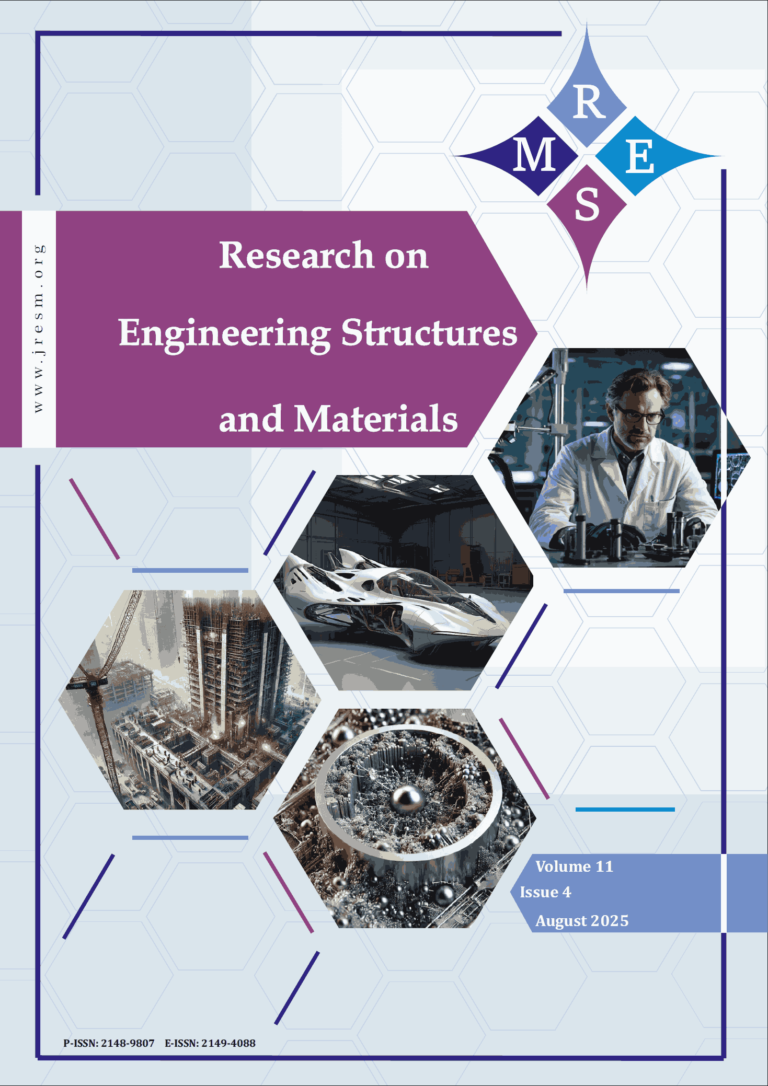The construction industry in arid regions faces challenges in utilizing locally available dune sand due to its poor gradation and low interparticle friction. This study addresses these limitations by developing a novel leveling mortar composed of thixotropic polyester resin, methyl ethyl ketone peroxide (MEKP) hardener, and crushed dune sand from Taghit, Algeria. The research investigates the synergistic effects of mechanical sand crushing and thermal post-curing (170°C) on the composite’s mechanical, thermal, and microstructural properties. Scanning electron microscopy (SEM) and energy-dispersive X-ray spectroscopy (EDS) revealed that crushing transformed rounded dune sand grains into angular particles, enhances surface roughness and interfacial bonding with the resin matrix. Thermal treatment further densified the microstructure, promoting resin cross-linking and reducing organic content, as evidenced by elemental analysis. Mechanical testing demonstrated significant improvements: thermally treated mortars achieved compressive strengths of 116.45–119.9 MPa and flexural strengths of 38.75–45.25 MPa, representing a 10–12% and 89–98% increase over untreated counterparts, respectively. Differential scanning calorimetry (DSC) and thermogravimetric analysis (TGA) confirmed the composite’s thermal stability up to 410°C, with decomposition pathways dominated by resin pyrolysis. The findings highlight the valorization of dune sand as a sustainable alternative to conventional aggregates, reducing environmental impact and transportation costs. This work advances the understanding of resin-filler interactions in polymer composites, offering a scalable solution for high-performance, eco-friendly construction materials in resource-constrained arid regions.
